
24 June to 3 July 2013 – La Serena, Chile
Presentations Program Participants Speakers Announcement Venue
Presentations
24 June
Conclusions and recommendations – Asfaw Beyene
Modeling the problem: thermodynamic approach – Asfaw Beyene and David MacPhee
Adaptive Water-Energy Management in the Arid Americas – Indroduction to PASI – Christopher Scott
The Water-Energy Nexus in Global Context – Christopher Scott
Global Change and the Challenge for IWRM – Francisco Meza
25 de junio
Adaptive Systems: Science-Policy Dialogues & Stakeholder Involvement – Elma Montana
Climate change/variability, water and energy, and adaptation – Alfredo Ribeiro
27 June
Water Evaluation and Planning System (WEAP) – Francisco Flores and Sebastian Vicuña
Water Evaluation and Planning System Training – Francisco Flores and Rodrigo Fuster
Energy, Water and alternatives – Chilean case studies – Suzanne Pierce
28 June
LEAP: A Tool for Energy Planning and GHG Mitigation Assessment – Charlie Heaps
29 June
Water Energy Nexus: WEAP-LEAP – Sebastian Vicuña
1 July
Watershed of the river Ajuricaba Agroenergy Condominium for Family Agriculture – Janaina Pascual
Agroenergia: Alimentos y energía producidos integralmente en la propiedad rural – Kleber Vanolli
2 July
Ventajas y Debilidades del Modelo Chileno de la Gobernanza del Agua – Carl Bauer
Agricultural Water and Energy Management – Rodrigo Fuster
3 de julio
Conclusion Water-Energy Nexus – synthesis table – Christopher Scott
Conclusion Water-Energy Nexus in the Americas conclusions – Christopher Scott
Introduction to the Climate Data Library – Koen Verbist
Program
The 10-day training involved advanced conceptual and practical training by international experts in the use and adoption of tools to address linkages between water resources and conventional and non-conventional energy, and interdisciplinary physical and social science approaches to water and energy joint management. The Water Evaluation and Planning System (WEAP) and Long-range Energy Alternatives Planning (LEAP) models were used to strengthen diagnostic skills and support integrated policy and co-management of water and energy. There also were exercises and projects implementing lessons learned during the course in participants’ own locations.
Participants
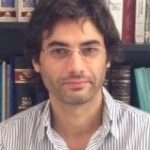 Liber Martin
Liber MartinConsejo Nacional de Investigaciones Cientificas y Tecnologicas (CONICET)
Argentina
Bio profile
Speakers
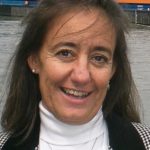 Elma Montana
Elma MontanaCONICET (Scientific and Technological National Research Institute)
Argentina
Bio profile
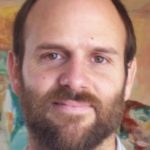 Sebastian Vicuña
Sebastian VicuñaUC Global Change Center/ Pontificia Universidad Católica de Chile
Chile
Bio profile
Announcement
Full Announcement (English)
Full Announcement (Spanish)
With support from the U.S. National Science Foundation’s Pan-American Advanced Studies Institute (PASI), this training was conducted under the auspices of the AQUASEC Center of Excellence for Water Security. AQUASEC is a collaborative initiative of the University of Arizona, the IAI, the Pontifical Catholic University of Chile, Water Center for Arid and Semiarid Zones of Latin America and the Caribbean (CAZALAC), the Stockholm Environment Institute, and the International Hydrology Program of UNESCO (PHI), among others.
Objective
To strengthen water and energy security through joint management in the context of adaption to global change in the Arid Americas. Specifically:
1) Provide participants with tools to evaluate potential impacts of energy development on water resources and energy demands associated with water use
2) Integrate hydrological, climatic, social and economic development analyses
3) Enhance management options for energy and water sectors
4) Promote the use of decision-making tools in the management of water and energy under conditions of uncertainty
5) Develop a regional knowledge network of experts in joint energy-water management
Venue
Hotel Caja de Los Andes (Sector Av. del Mar)
Los Nisperos 0661 – La Serena, Chile
Teléfono: +56 51 225 251
https://www.cajalosandes.cl/turismo-y-recreacion/centros-turisticos/la-serena

 Belize Lane
Belize Lane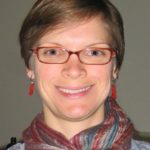 Candida Dewes
Candida Dewes Claudia Lardizabal
Claudia Lardizabal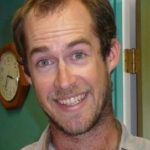 Colin McKenzie
Colin McKenzie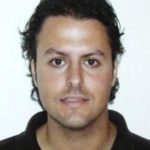 Cristobal Reveco
Cristobal Reveco Dangela Fernandes
Dangela Fernandes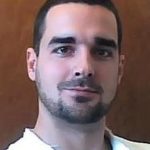 David MacPhee
David MacPhee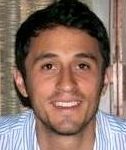 Diego Ponce
Diego Ponce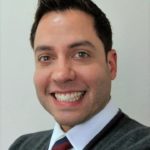 Elvin Delgado
Elvin Delgado Gricelda Herrera
Gricelda Herrera Heather Lee
Heather Lee Ismene Rosales
Ismene Rosales Janaina Pasqual
Janaina Pasqual Jenna Kromann
Jenna Kromann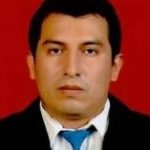 Jhim Terrazas
Jhim Terrazas Lauren Herwehe
Lauren Herwehe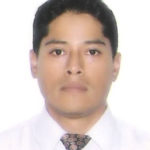 Luis Metzger
Luis Metzger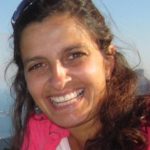 Marina Recalde
Marina Recalde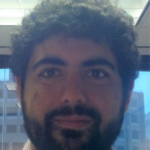 Mathew Kilanski
Mathew Kilanski Pilar Roman
Pilar Roman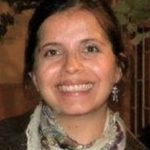 Roxana Borquez
Roxana Borquez Ruben Dario
Ruben Dario Ryan Lee
Ryan Lee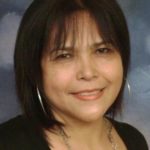 Sandra Mejia
Sandra Mejia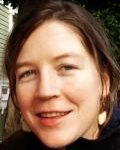 Sarah Kelly
Sarah Kelly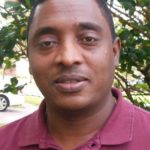 Shimelis Setegn
Shimelis Setegn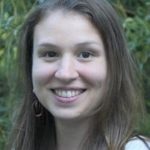 Tess Russo
Tess Russo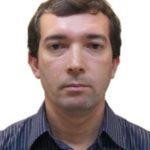 Alfredo Ribeiro Neto
Alfredo Ribeiro Neto Asfaw Beyene
Asfaw Beyene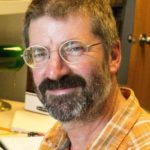 Carl Bauer
Carl Bauer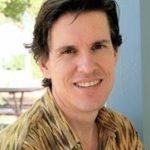 Christopher Scott
Christopher Scott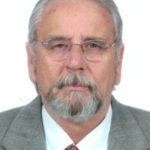 Cicero Bley Jr.
Cicero Bley Jr.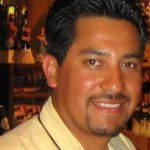 Francisco Flores
Francisco Flores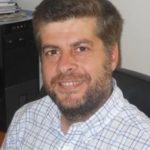 Francisco Meza
Francisco Meza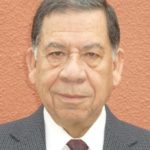 Guido Soto
Guido Soto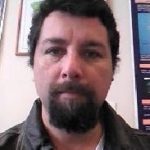 Jorge Nunez
Jorge Nunez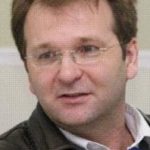 Kleber Vanolli
Kleber Vanolli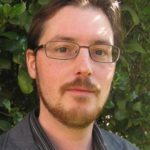 Koen Verbist
Koen Verbist Marcella Ohira
Marcella Ohira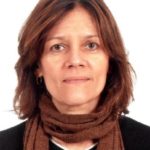 Maria Silvia Muylaert
Maria Silvia Muylaert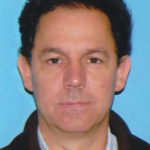 Nicolas Di Sbroiavacca
Nicolas Di Sbroiavacca Rodrigo Fuster
Rodrigo Fuster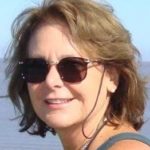 Sigrid Andersen
Sigrid Andersen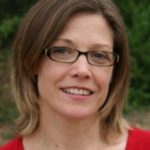 Suzanne Pierce
Suzanne Pierce